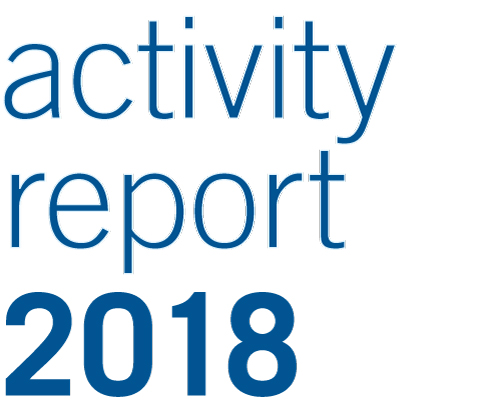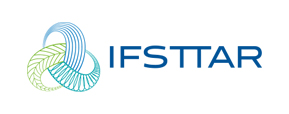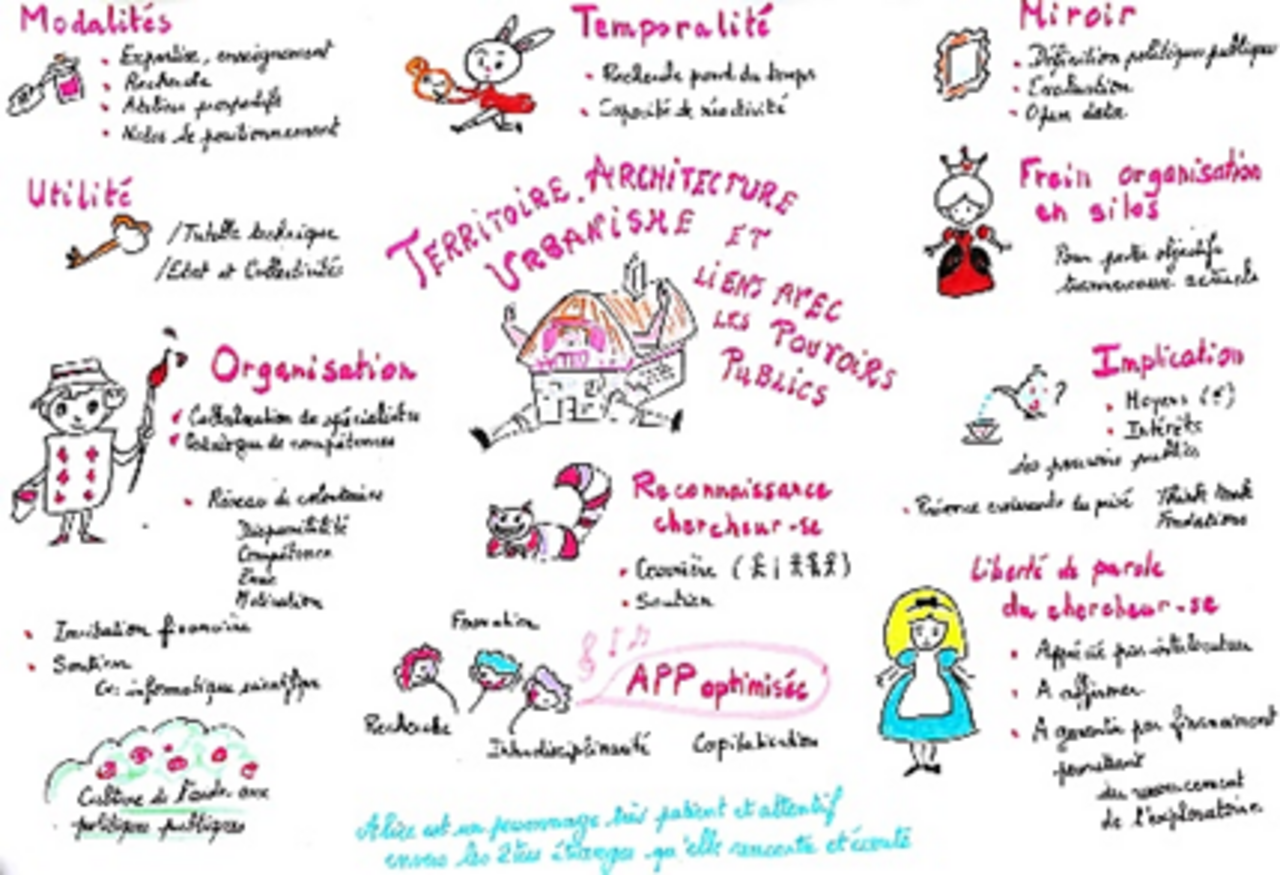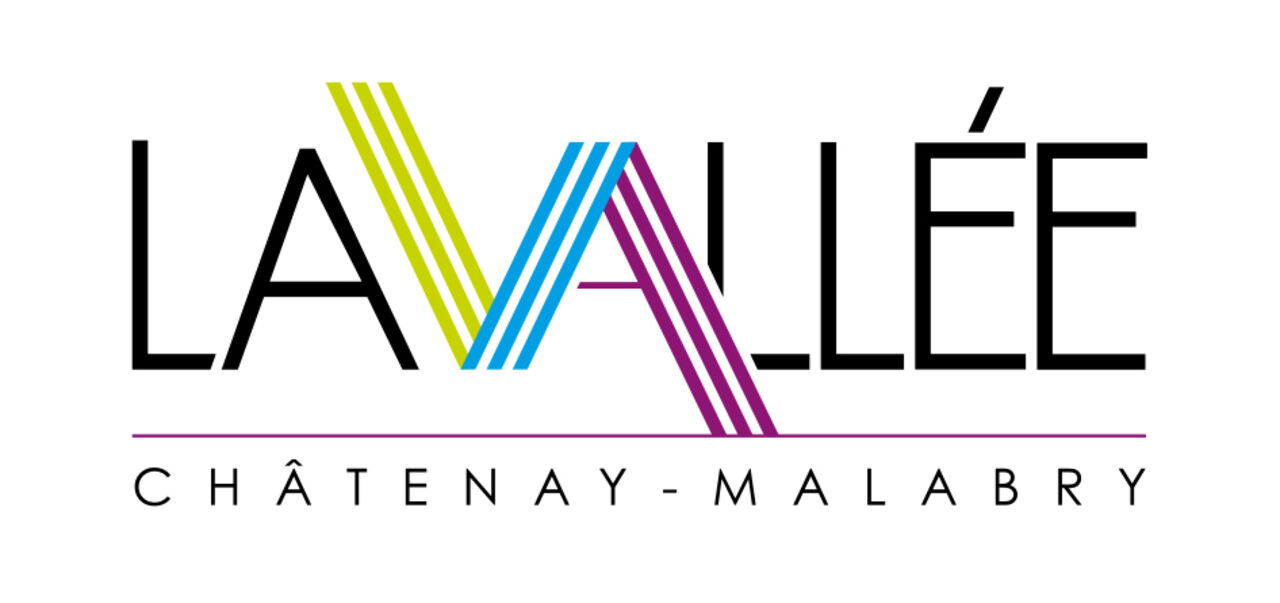New aspirations with the future Université Gustave Eiffel
With the I-Site FUTURE and the scheduled creation of Université Gustave Eiffel on January 1, 2020, new research and training opportunities are opening up.
Implementing of the I-Site Future project’s initiatives
After the mutual understanding seminars conducted until mid-2018, the time has come for the practical implementation of the I-Site project. IFSTTAR is strongly committed to implementing the many scientific initiatives of the I-Site FUTURE project and to considering the future scientific leadership of Université Gustave Eiffel.
The I-Site project includes a number of initiatives. In terms of research, 2018 was an crucial year. Indeed, the calls issued in 2017 generated a very great number of responses, with the participation of more than 300 researchers from various institutions. The international evaluation and selection process conducted by the I-Site Advisory Board was completed, with the selection of four "Springboard" projects, which are the most ambitious, and five "Impetus" projects. IFSTTAR's teams are closely involved in the selected projects. A dozen small one-year "Exploratory" projects were also selected. All these projects got under way in 2018. A new call for projects, for all three types, was launched in 2018 and the responses received are now being evaluated. This second call was marked by a shift towards the "Humanities and the Human and Social Sciences", which were under-represented in the responses received in 2018 for the Impetus projects. Finally, the end of 2018 saw the launch of a "Call for Visiting Professors" in early 2019, which adopts an innovative format aimed at building long-lasting international partnerships.
Organising research and public policy support in the future University
At the institutional level, the I-Site project includes the creation of a new National University, whose entire organisation is to be constructed. As far as research is concerned, the model of the future organisation has been the subject of intensive studies, started in the mutual understanding seminars, continued in two multi-institutional working groups and discussed during three meetings of the future University's research units. While the basic building blocks of the new University's research are its research units, the models governing their coordination and management still need to be linked up. The objective, as when IFSTTAR was created, is to bring together different customs and cultures and to build cross-disciplinarity and ties, in order to achieve a merger that goes beyond existing interactions, without weighing down the organisation or doubling our major management tools ("Springboard" projects, LabEx from the PIA, research groups, etc.).
The future University will continue to support research-related public policies. During the mutual understanding seminars, several workshops addressed this issue and discussed the need to organise this collective activity within the new institution. A working group will be launched in 2019 on the subject.
Attractiveness at the International and European levels
European and International strategy now takes account of the enlarged ambit of Université Gustave Eiffel, which should make it possible to increase IFSTTAR's influence and attractiveness, to co-construct the European Research Area and to help to build European and international meta-structures. IFSTTAR has started to share documentary resources with the Université Gustave Eiffel partners via dedicated seminars. It has also proposed the first Info Days at the Marne-la-Vallée site as part of the Université Paris-Est Community in order to encourage the filing of projects within the framework of Horizon 2020, in particular for ITN (Innovative Training Networks) and ERC calls.
IFSTTAR has also initiated projects related to international training (summer school, France-Sweden workshop, etc.), ERASMUS+ building capacity projects.
Adding economic value: the “La Vallée” eco-district: the first example of stronger cooperative links with the world of business
In 2018, work is continuing in order to organise a major demonstration programme on the site where trials are to take place, namely the "La Vallée" eco-district: Covering an area of 20.6 hectares, it is located in Châtenay-Malabry on the site of the former Ecole Centrale de Paris and bordering on the Parc de Sceaux. This project is being conducted jointly by the EIFFAGE group and the partner institutions of the I-Site FUTURE that have signed the framework agreement that has been in effect since May 2018. With €2 million of funding, provided by EIFFAGE and the I-Site in equal proportions, this project, known as "E3S", aims to help design an innovative Eco-district that is more "Economical", "Smarter" and more "Secure", thus meeting the three challenges laid down for the I-Site FUTURE project based on innovations that will be implemented as the project progresses. Eight workshops bringing together researchers and EIFFAGE staff are to be held in order to specify and implement the innovations. They will cover the following topics:
- Better communication between project stakeholders, future occupants and local residents;
- A way of measuring residents' well-being;
- Innovative water management (collection and re-use, mitigating urban heat islands);
- An example of a circular economy through the reuse of deconstruction concrete and the management of bio-waste;
- Optimisation of worksites to limit their impact on local residents and facilitate the work of construction teams;
- New mobility services;
- A roadway with increased functionalities (light ambiance);
- Innovative use of urban data in the design or management phase.
Bringing together 26 laboratories of the I-Site FUTURE, this project demonstrates the value for a business partner such as the EIFFAGE group (integrating all its components: Sustainable Development, Planning, Roads, Energy/Services, etc.) for the creation of a research structure that can take advantage of the opportunities to expand its research and innovation capacities .




